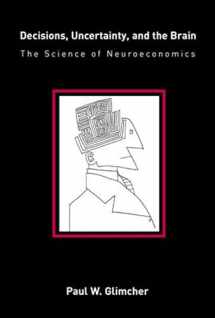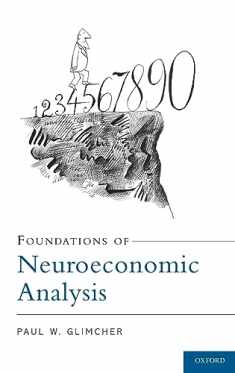
Decisions, Uncertainty, and the Brain: The Science of Neuroeconomics (Bradford Book)
Book details
Summary
Description
In this provocative book, Paul Glimcher argues that economic theory may provide an alternative to the classical Cartesian model of the brain and behavior. Glimcher argues that Cartesian dualism operates from the false premise that the reflex is able to describe behavior in the real world that animals inhabit. A mathematically rich cognitive theory, he claims, could solve the most difficult problems that any environment could present, eliminating the need for dualism by eliminating the need for a reflex theory. Such a mathematically rigorous description of the neural processes that connect sensation and action, he explains, will have its roots in microeconomic theory. Economic theory allows physiologists to define both the optimal course of action that an animal might select and a mathematical route by which that optimal solution can be derived. Glimcher outlines what an economics-based cognitive model might look like and how one would begin to test it empirically. Along the way, he presents a fascinating history of neuroscience. He also discusses related questions about determinism, free will, and the stochastic nature of complex behavior.


We would LOVE it if you could help us and other readers by reviewing the book
Book review




